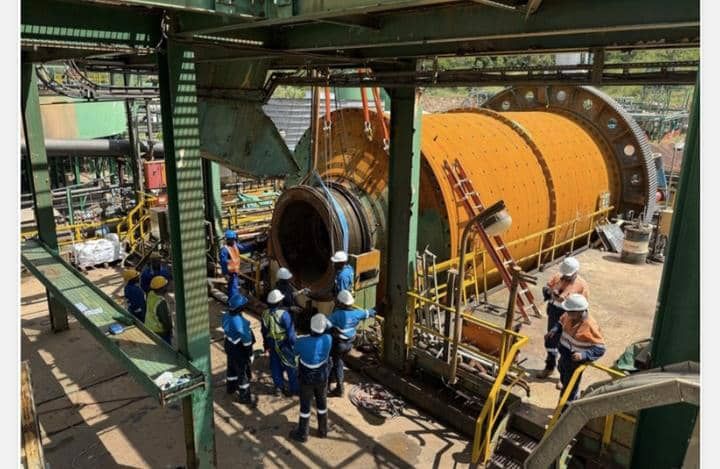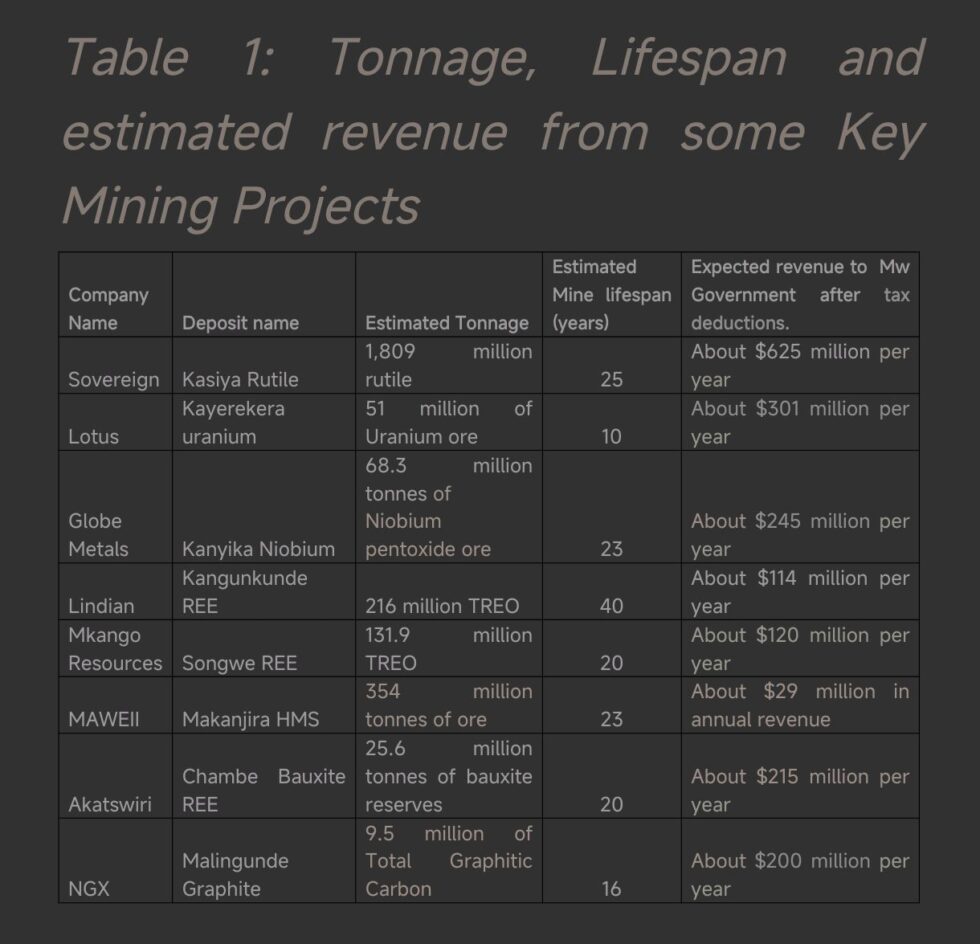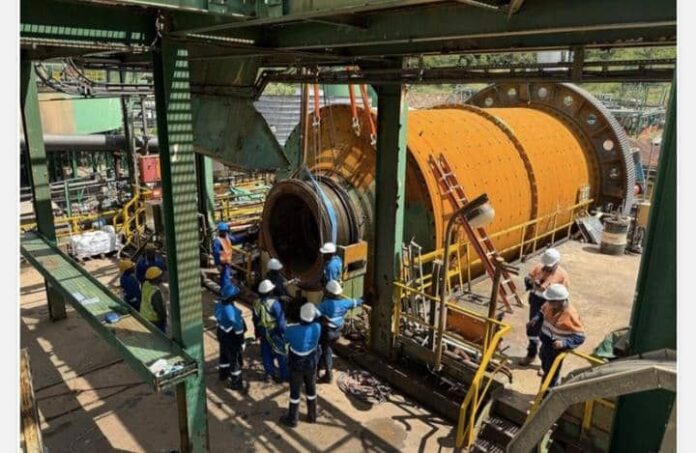By Alfred Chauwa- Snr Business Analyst
Mining experts say Malawi can generate a whopping $ 1.8 billion of revenue only if the mining industry can be well utilised. Speaking at the recently conducted Malaw Mining Investment Forum in Lilongwe, Chief Geologist in the Ministry of Mining, Dr Annock Chiwona, emphatically says Malawi ali ngati munthu amene akufa ndi ludzu chonsecho miyendo yake ili m’madzi (likening the country’s financial woes, Malawito is like a person dying of thirst while his legs are dipped into a cool water spring), as he says Malawi is a country that can easily transition to a middle-income country with mining.
Dr Chiwona says for this country to leverage its mineral deposits for economic growth, Malawi should focus on several key strategies. “Malawi is a very rich country, for example, if you could consider the first eight flagship companies which are currently our key companies. If they were to begin mining today, mining operations Malawi would be making about 1.8 billion US dollars each and every year in terms of government revenue after tax deductions. That’s a big sum of money just in government revenue collections, and that excludes the other social and associated economic benefits. We also have agrominerals, which can significantly substitute fertiliser imports, thereby saving money used to import fertilisers for agricultural production. And that’s in addition to the other rocks, which can be used for the same such as gemstones and industrial minerals for ceramic ware and construction materials” he said.

Dr Chiwona, says for this country to realise its full potential, there is need to add value to our minerals instead of selling raw materials. Chiwona says it is sad that as a country our minerals are exported in raw form. “We need to develop value-addition capabilities to create finished products, which can significantly increase revenue,” he said.
According to the expert, says there is need to invest in training youth, women, and local professionals to build technical skills in the mining sector. He also advises that there is need to capacitate the newly established Malawi’s Mining and Investment Company to form joint ventures with larger international mining firms in mining operations and promote local mineral beneficiation and value addition.
On Market Linkages Dr Chiwona says there is need to establish connections with financing institutions and international markets to support mineral exports. On mineral diversification, Chiwona said there is a need to exploit the full range of mineraresources, including uranium, graphite, bauxite, lithium, rare earth elements, industrial minerals and gemstones.
On Malawi’s fertiliser challenges in the country, Chiwona, who holds a PhD in Geology specialising in alternative fertiliser production using Malawi’s agrominerals from Newcastle University in England, says Malawi has strong potential for local production of various crop specific and area specific fertiliser formulations using the country’s agrominerals. Our huge water resources can also be used for the production of ammonia (nitrogen fertiliser raw materials).
On long-term Investment plans, Dr Chiwona say there is need to provide a stable investment environment that allows mining companies to operate freely and develop long-term projects. For example, Malawi has a conducive regulatory framework and political will but there is still for more public acceptance of the mining sector and also the establishment of accredited laboratories to support mineral testing within the country.
“It is evident that with the right approach, Malawi could generate over $1.8 billion annually from just eight key mining projects, with potential for even greater economic impact through comprehensive development of its mineral sector,” he says.

A quick internet search on his resume, shows that Dr Chiwona, whose PhD is in alternative fertiliser production using Malawi’s agrominerals is also a Fellow of the Geological Society (of London), is an Associate Fellow of the Higher Education Academy (UK) and since 2021, he is also a Guest Researcher at the UK’s Newcastle University and the British Geological Survey. Recently, he was also honoured with the prestigious Global Talent/Exceptional Skills Award in the United Kingdom for his outstanding global research in geological sciences.



